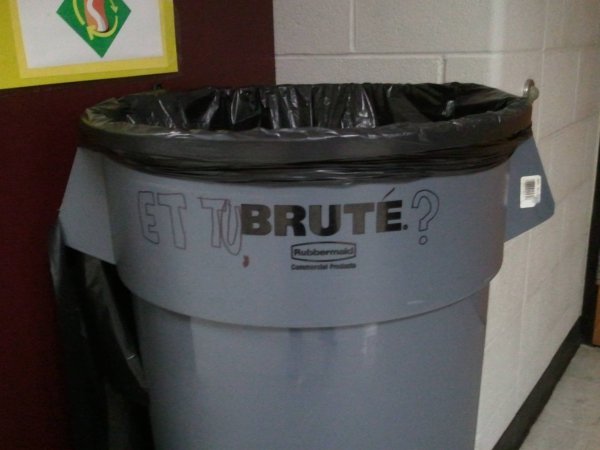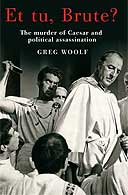Click here for direct link to audio podcast Episode #69. 
Click here for link to previous audio podcast episodes.
Quite early one morning, a couple of months ago, our backyard was inundated with water from someone’s broken sprinkler system. I threw on my robe and drove up the hill to try to locate the neighbor whose house had the leak. I knocked on the door to a house that appeared to be awake, and a kind, calm gentleman opened the door and invited me in. As we were trying to figure out which yards backed up to mine, I noticed that his house had a full-on Greek theme going on! He determined that the leak was from his neighbor’s yard, and we very soon stood at the door again, saying farewell. I reached out to shake his hand in thanks, and asked his name. Imagine the shock when he said his name was “Achilles!” I nearly fell down to the ground in disbelief! Of all names on Earth, his name happened to be Achilles! I told him about my work with ancient world stuff and about my cat Achilles, and we decided to get the neighbors together for a party. So, on Saturday night, some neighbors gathered together here at our house and we all bonded over costumes and scripts. What a treat it was, to have Katerina invoke the muse in her native Greek language! Here are a couple of pics from the night. (above: Achilles and his family, with me on the right)
Today’s episode is our second installment on Brutus, from Plutarch’s Lives for Boys & Girls, retold by W.H. Weston, and illustrated by W. Rainey, published in London & Edinburgh in the early 1900′s. Enjoy!
(below left: Larry, Cathy, Katerina, David, Melina, Scott, Estelle, and Debra—thanks for being such good sports! and below right: my David!)




